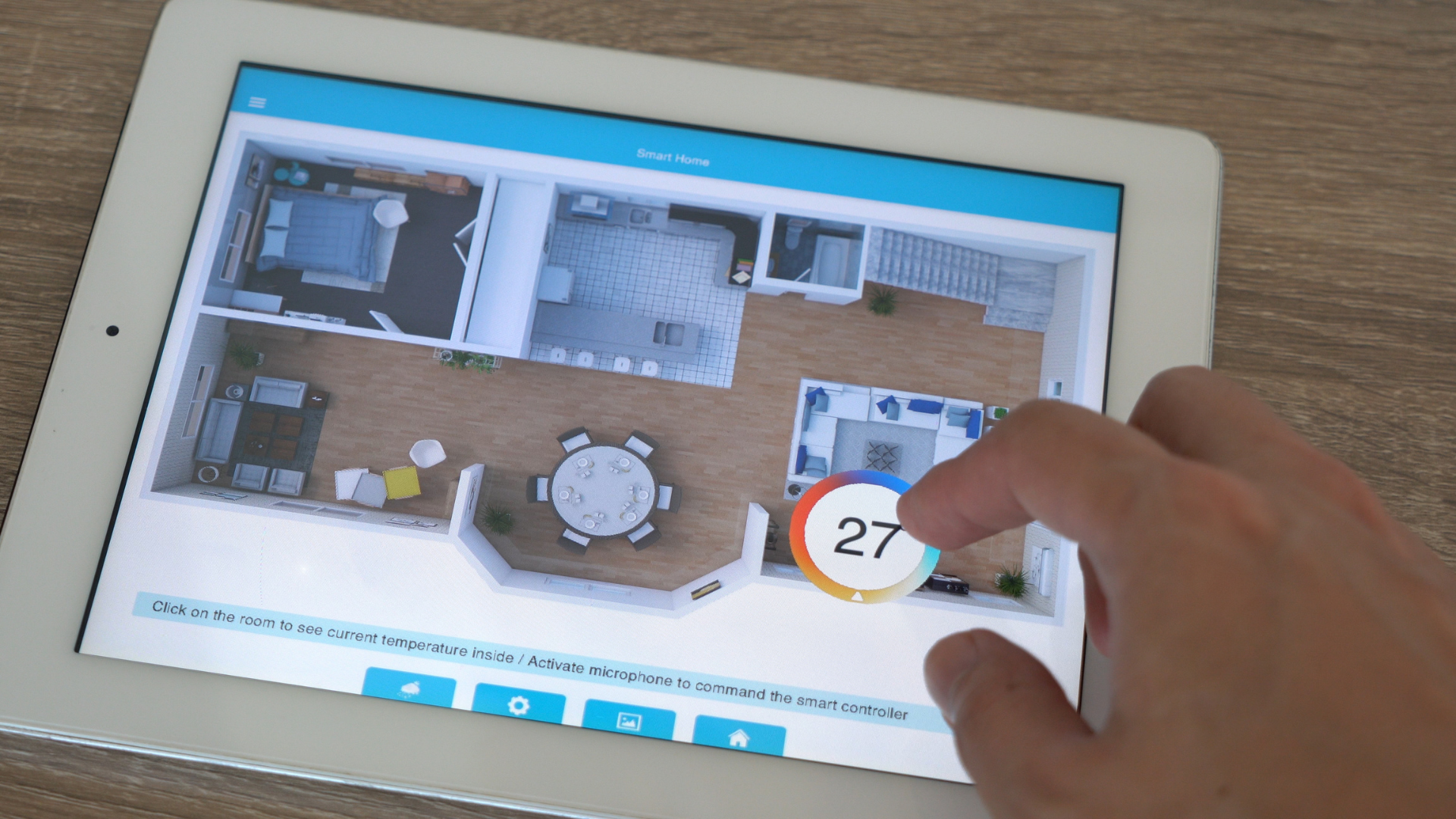If you’re just starting with coding, there’s no need to worry about getting too complicated too soon. This article will show you the basics of how to code a program from scratch. You’ll learn what programming languages are, how they differ from one another, and how to start learning them in an accessible way.
Overview Basics of Coding
If you want to learn to code, but don’t know where to start, this guide is for you. We’ll walk you through the basics of coding and how to get started learning programming.
Coding is a process of transforming human-readable code into instructions that can be executed by a machine. To write code, you’ll need a text editor or an integrated development environment (IDE). A text editor is a program that allows you to create and edit plain text files. An IDE is a more sophisticated tool that includes features such as a debugger, syntax highlighting, and auto-completion.
Once you’ve chosen a text editor or IDE, you’ll need to choose a programming language. There are dozens of programming languages in existence, each with its unique syntax and semantics. Some popular languages include Java, Python, and JavaScript.
Once you’ve chosen a language, it’s time to start learning the basics of coding. You can find resources for learning online or in print. Many languages have tutorial websites that will walk you through the basics of the language and how to write simple programs. Once you’ve mastered the basics, you can begin working on more complex projects.
With some practice and patience, anyone can learn to code!
What is Coding?
Coding is the process of transforming computer instructions into a form a computer can understand. It is a key skill for anyone looking to enter the world of programming and computer science.
Coding can be used to create software, websites, apps, and more. It is a versatile skill that can be applied in many different ways.
Anyone can learn to code, regardless of age or experience. There are many resources available to help you get started, including books, online courses, and coding boot camps.
With some dedication and effort, anyone can learn to code and become a proficient programmer.
Why Learn Coding?
Coding is a fundamental skill for anyone looking to enter the tech industry, whether as a developer, designer, or even an entrepreneur. Even if you don’t plan on working in tech, coding can still be a useful skill to have; it can help you automate tasks, make websites, and understand how the software works.
There are many different reasons why you might want to learn to code. Maybe you’re interested in building your website or app. Maybe you want to be able to understand how the software works so that you can use it more effectively. Or maybe you’re just curious about what coding is and how it works.
Whatever your reason for wanting to learn to code, there are plenty of resources available to help you get started. There are dozens of languages to choose from, and each has its strengths and weaknesses. So how do you know which language is right for you?
The most important thing is to find a language that’s easy for you to learn and that has good resources available. For beginners, we recommend starting with HTML and CSS, as they are relatively simple languages that are used to create websites. Once you’ve mastered the basics of HTML and CSS, you can move on to more complex languages like JavaScript and PHP.
There are plenty of online resources available to help you learn coding, including tutorials, articles, forums, and books. And once you’ve learned the basics of coding, there’s no limit to what you can do!
Types of Programming Languages
There are three main types of programming languages: scripting, markup, and object-oriented. Scripting languages are used to write code that automates tasks. Markup languages are used to create web pages and format text. Object-oriented languages are used to create software programs.
1. Scripting Languages
Scripting languages are used to write code that automates tasks. The most popular scripting languages are Perl, PHP, and Python.
2. Markup Languages
Markup languages are used to create web pages and format text. The most popular markup languages are HTML, CSS, and XML.
3. Object-Oriented Languages
Object-oriented languages are used to create software programs. The most popular object-oriented languages are Java, C++, and C#.
Steps to Learning Basic Coding
Assuming you have no prior coding experience, here are a few steps to get started with learning basic coding:
- Choose a coding language to learn. For beginners, we recommend starting with a simple, widely-used language like Python or JavaScript.
- Find some resources to help you learn the chosen language. This can include online tutorials, books, or even interactive courses.
- Start practicing coding by working through exercises and building small projects. This will help you get familiar with the basics of coding and how to apply it in practical ways.
- As you gain more experience, start exploring more advanced topics in your chosen language. This could involve learning new libraries or frameworks, or diving into more complex algorithms and data structures.
- Keep practicing and expanding your skill set, and eventually, you’ll be able to tackle just about any coding challenge!
When to Go Advanced Coding
If you’re already comfortable with the basics of coding and want to start learning more advanced programming concepts, then it’s time to go advanced!
If you’re not sure whether you’re ready for advanced coding, here are a few things to consider:
- Do you feel comfortable reading and writing code? If so, you should be able to understand most of the concepts covered in an advanced coding course.
- Do you feel confident using basic programming constructs, such as variables, loops, and conditionals? If so, you’ll be able to apply these concepts to more complex problems.
- Are you familiar with object-oriented programming? If not, you may want to learn about this concept before moving on to advanced coding.
Once you’ve decided that you’re ready for advanced coding, there are a few things to keep in mind. First, make sure that the course you choose is appropriate for your skill level. Many courses are designed for beginners and will move too slowly for someone who already has a good understanding of the basics.
Second, be prepared to work hard. Advanced coding is not easy, and it will take some time and effort to master the concepts. Finally, don’t be afraid to ask for help when you need it. There are many resources available online and in libraries that can help you if you get stuck.





